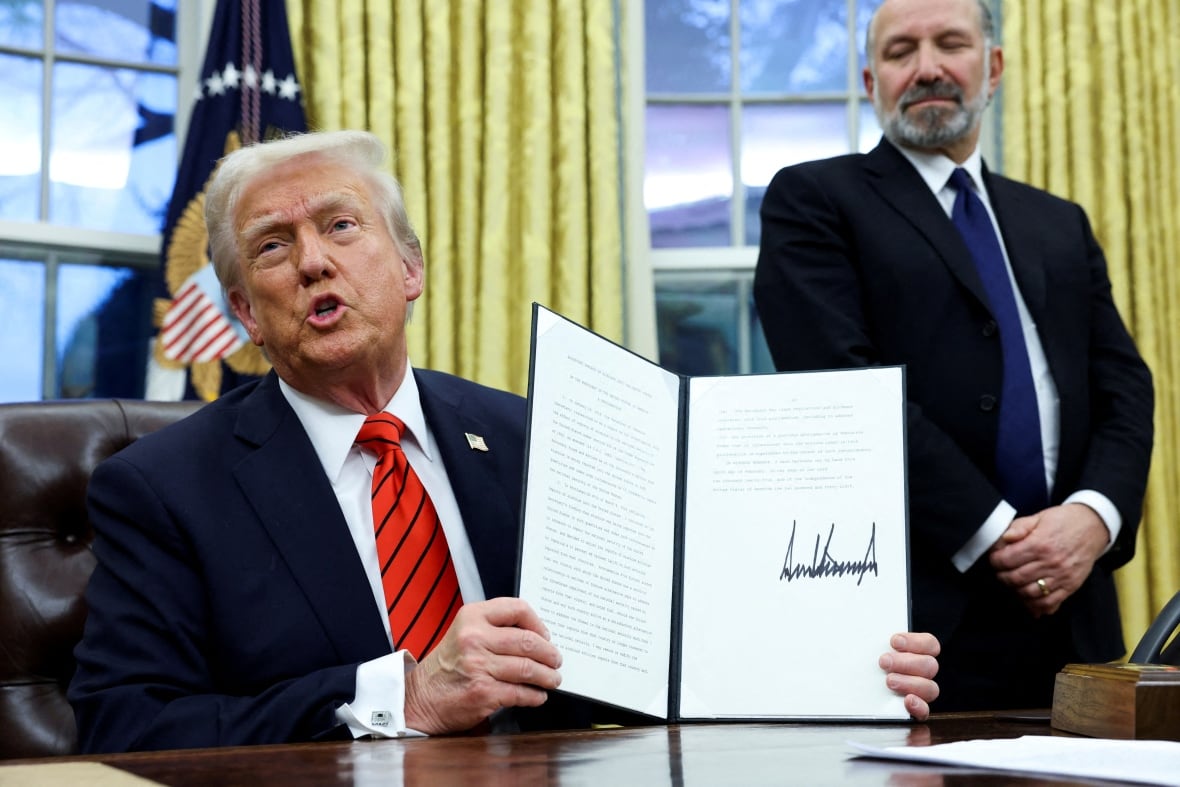The China Factor: Why BMW And Porsche Are Facing Headwinds

Table of Contents
Economic Slowdown and Shifting Consumer Sentiment
The slowing Chinese economy is significantly impacting luxury car sales. Reduced consumer spending and increased economic uncertainty are leading to delayed purchases and a shift in priorities towards essential spending rather than high-end vehicles. This directly affects the purchasing power of the affluent Chinese consumer, a key demographic for BMW and Porsche.
- Declining GDP growth impacting disposable income: Lower GDP growth translates to reduced disposable income for many Chinese consumers, making luxury purchases less affordable.
- Increased economic uncertainty leading to delayed purchases: The current economic climate is prompting many to postpone non-essential spending, including luxury car purchases.
- Shifting consumer priorities towards essential spending: Consumers are prioritizing essential goods and services over luxury items, impacting demand for high-end vehicles.
- Impact on brand perception and luxury image: The perception of luxury brands might be affected as consumers become more price-sensitive and prioritize value for money.
Rise of Domestic Chinese Competitors
The rapid rise of domestic Chinese automakers, particularly in the electric vehicle (EV) sector, is a major challenge. Brands like BYD, NIO, and Xpeng are aggressively challenging BMW and Porsche's market share with technologically advanced and competitively priced EVs. This intensifies competition and forces established brands to adapt quickly.
- Superior technological advancements in EVs from Chinese brands: Chinese EV manufacturers are often at the forefront of battery technology, autonomous driving features, and digital connectivity.
- Aggressive pricing strategies eroding the premium advantage: Competitive pricing by Chinese brands directly challenges the premium pricing strategy of established luxury brands.
- Growing preference for domestic brands among Chinese consumers: National pride and a preference for supporting domestic industries are boosting the popularity of Chinese auto brands.
- Increased investment in R&D and marketing by Chinese competitors: Significant investment in research and development and marketing campaigns are contributing to the rapid growth of Chinese automakers.
Evolving Consumer Preferences and Technological Disruption
Changing consumer preferences in China are demanding significant adaptation from established players. The growing demand for electric vehicles (EVs), advanced driver-assistance systems (ADAS), and seamless digital connectivity presents a challenge to brands like BMW and Porsche, who need to rapidly innovate to meet these evolving needs.
- Increasing demand for electric vehicles and plug-in hybrids: The Chinese market is rapidly embracing EVs, requiring brands to expand their EV offerings and invest heavily in charging infrastructure.
- Growing importance of advanced driver-assistance systems (ADAS): Features like autonomous driving capabilities and advanced safety features are becoming increasingly important to Chinese consumers.
- Preference for digital features and in-car technology: Consumers expect advanced infotainment systems, connectivity features, and seamless integration with their digital lifestyles.
- The need for enhanced brand engagement through digital channels: Effective digital marketing and online brand building are crucial for reaching and engaging the tech-savvy Chinese consumer.
Geopolitical Factors and Supply Chain Disruptions
Geopolitical factors and potential supply chain disruptions pose significant risks. Trade tensions, potential import restrictions, and the complexities of US-China relations can significantly impact the operations and profitability of BMW and Porsche in China. Navigating this complex environment requires careful strategic planning and risk management.
- Potential trade tariffs and import restrictions: Changes in trade policies can lead to increased import costs and impact vehicle pricing.
- Supply chain vulnerabilities due to geopolitical instability: Geopolitical uncertainties can disrupt the supply chain, leading to production delays and shortages.
- Impact on production costs and vehicle pricing: Increased costs due to geopolitical factors and supply chain disruptions can lead to higher vehicle prices, impacting sales.
- Increased regulatory hurdles and compliance requirements: Navigating complex regulations and compliance requirements in China adds another layer of complexity.
Conclusion
The China factor presents significant headwinds for BMW and Porsche. Economic slowdown, the rise of formidable domestic competitors, shifting consumer preferences, and geopolitical factors all contribute to the challenges these luxury brands face in maintaining their market share. Successfully navigating this complex environment requires adaptability, innovation, and a profound understanding of the constantly evolving Chinese market. To stay ahead of the curve and understand the complexities of the China factor, further research into the Chinese automotive landscape and emerging market trends is crucial. Companies must adapt their strategies to successfully navigate these headwinds and secure a future in the increasingly competitive Chinese market for luxury vehicles.

Featured Posts
-
 Angel Reese Faces Backlash Over Alleged Tampering
May 17, 2025
Angel Reese Faces Backlash Over Alleged Tampering
May 17, 2025 -
 Refuting Musk Nestle Shell And Other Advertisers Respond To Boycott Claims
May 17, 2025
Refuting Musk Nestle Shell And Other Advertisers Respond To Boycott Claims
May 17, 2025 -
 Recuperacion De Capital El Descongelamiento De Cuentas De Koriun Para Inversionistas
May 17, 2025
Recuperacion De Capital El Descongelamiento De Cuentas De Koriun Para Inversionistas
May 17, 2025 -
 Protsvetanie V Perepolnennom Industrialnom Parke Prakticheskie Sovety
May 17, 2025
Protsvetanie V Perepolnennom Industrialnom Parke Prakticheskie Sovety
May 17, 2025 -
 Japans Gdp Decline In First Quarter 2023 Trump Tariff Fallout
May 17, 2025
Japans Gdp Decline In First Quarter 2023 Trump Tariff Fallout
May 17, 2025
Latest Posts
-
 Uluslararasi Yatirim Pozisyonu Subat 2024 Tuerkiye Verileri Ve Analizi
May 17, 2025
Uluslararasi Yatirim Pozisyonu Subat 2024 Tuerkiye Verileri Ve Analizi
May 17, 2025 -
 Tuerkiye Nin Subat Ayi Uluslararasi Yatirim Pozisyon Verileri Oenemli Noktalar Ve Gelismeler
May 17, 2025
Tuerkiye Nin Subat Ayi Uluslararasi Yatirim Pozisyon Verileri Oenemli Noktalar Ve Gelismeler
May 17, 2025 -
 Subat 2024 Tuerkiye Uluslararasi Yatirim Pozisyonu Aciklanan Rakamlar Ve Degerlendirme
May 17, 2025
Subat 2024 Tuerkiye Uluslararasi Yatirim Pozisyonu Aciklanan Rakamlar Ve Degerlendirme
May 17, 2025 -
 Tuerkiye Subat Ayi Uluslararasi Yatirim Pozisyonu Verileri Detayli Analiz
May 17, 2025
Tuerkiye Subat Ayi Uluslararasi Yatirim Pozisyonu Verileri Detayli Analiz
May 17, 2025 -
 Rossiyskie Investitsii V Uzbekistane Voshli V Troyku Liderov
May 17, 2025
Rossiyskie Investitsii V Uzbekistane Voshli V Troyku Liderov
May 17, 2025
